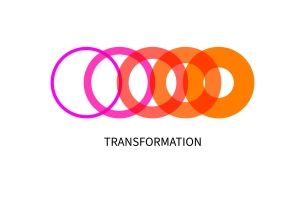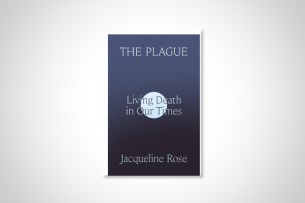Filter & Sort

The Everyday Work of Transformation
Simple, scalable frameworks can help students understand the why of what they’re learning, Cathy N. Davidson and Rachel Stephenson write.

Symptomatic Reading
Scott McLemee surveys a psychoanalytic critic’s response to the pandemic.

Equity, Data and the In-Person/Online Divide
Hybrid assessment efforts are needed to help institutions identify—and act on—different outcomes for online versus residential students, Joshua Travis Brown and Joseph M. Kush argue.

The Humanities Aren’t Hurting Everywhere
With all the doom and gloom, it’s a miracle any student majors in the humanities—but at places like Lehman College, they are, Karin Beck writes.

Supporting the Entrepreneurial Goals of College Students With Disabilities
Higher ed institutions can work more effectively and closely with disabled students who have entrepreneurial goals, writes Diego Mariscal, who founded a nonprofit start-up accelerator for business owners with disabilities while still in school. He recommends three actions to help.

The Hills on Which We (Used to) Die
College leaders need to know which hills they’ll be prepared to lose their careers over—and then show up to defend them, John C. Cavanaugh writes.

When Faculty Face Violent Threats
Police came to his door to tell him a former student wanted to kill him. Adam S. Ward shares what he learned from the experience for fellow researchers and their institutions.
Ethical College Admissions: Vanity Fare
What does a critique of college admissions really say, asks Jim Jump.
Pagination
Pagination
- 43
- /
- 765